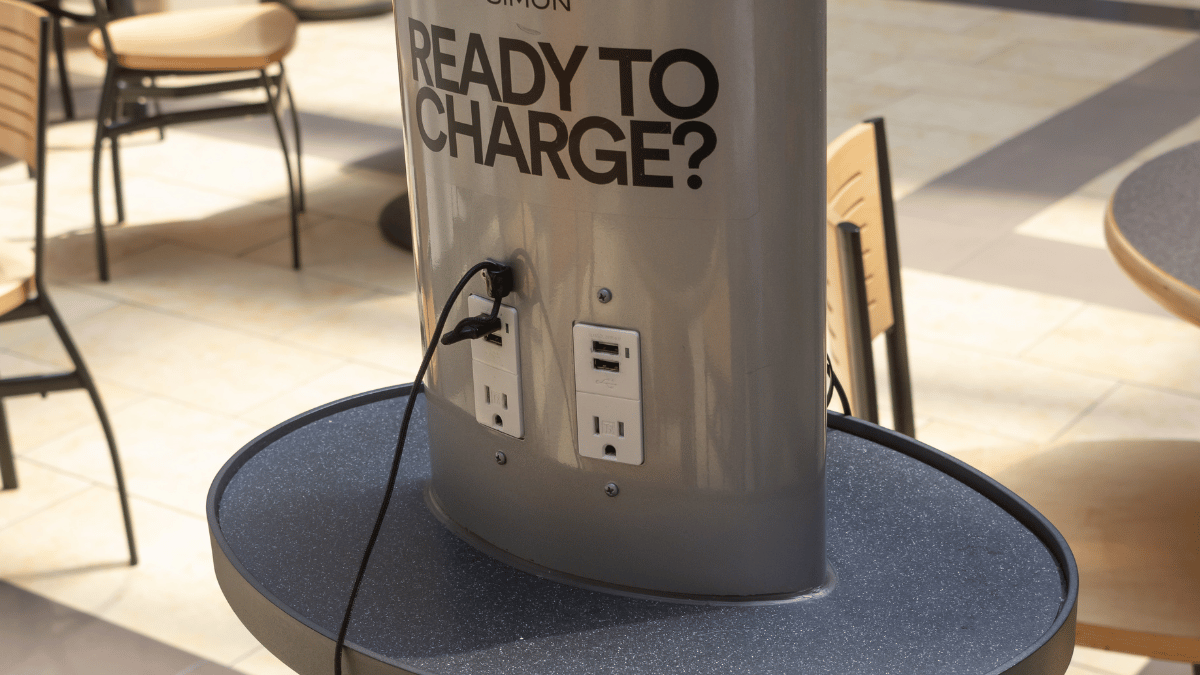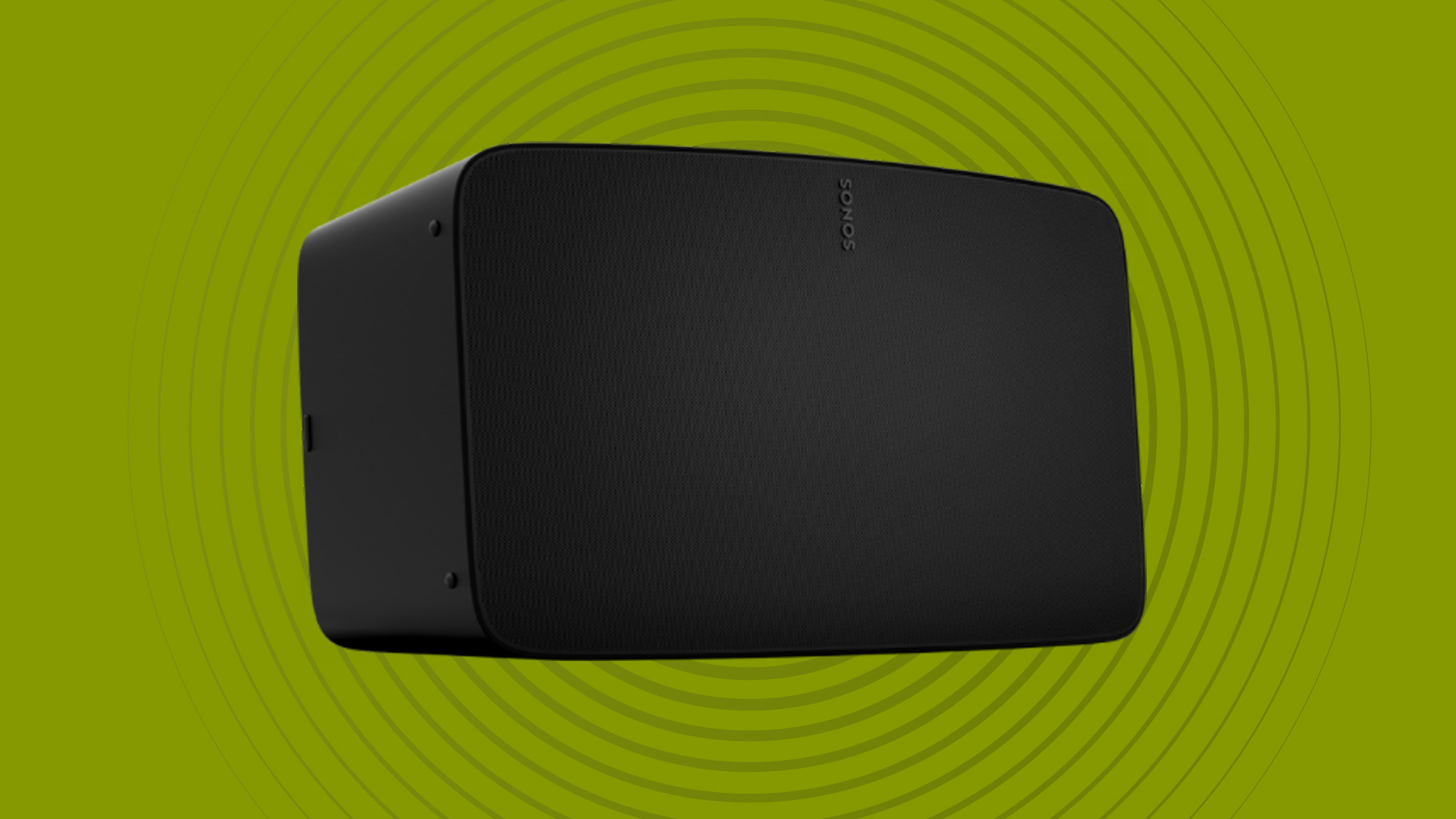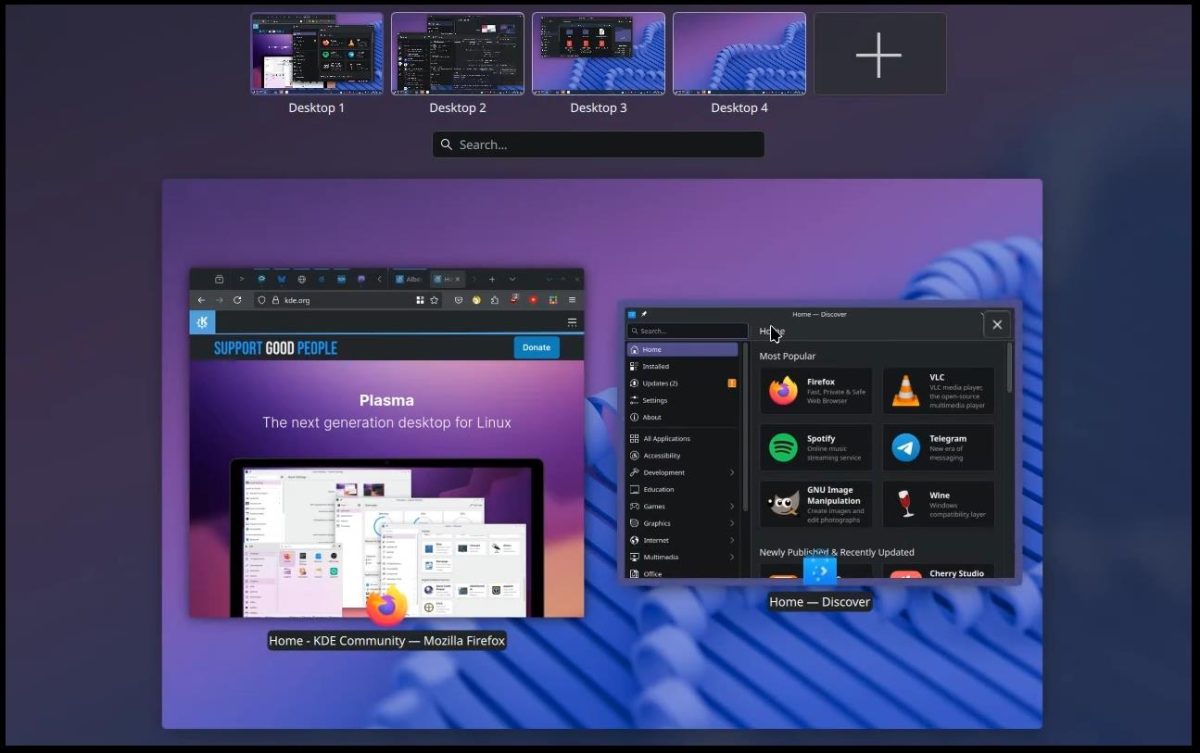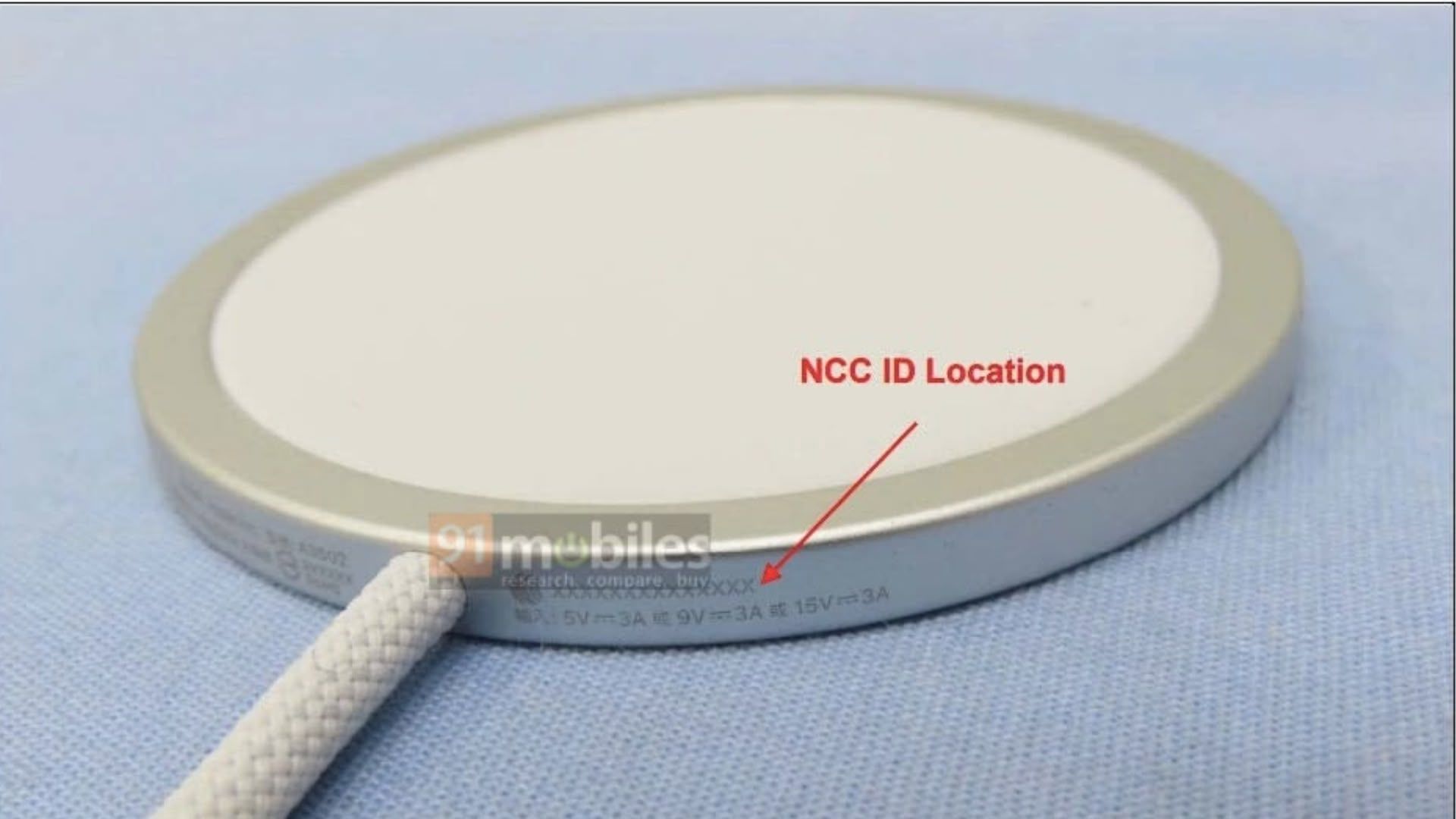Wordpress REST API - URL parameters
When working with the Wordpress REST API we can create our own endpoints and configure them according to our needs; one important feature of any API are URL parameters because they enable HTTP requests to include additional information. Let's analyze how to add those parameters to a given API endpoint. The rest_api_init action hook Each time we want to add custom endpoint we have to implement the rest_api_init action hook as shown below: function rch_handle_params_request(){ //call to register_rest_route() will be here... } add_action("rest_api_init","rch_handle_params_request"); The register_rest_route function This function is required to configure an endpoint from scratch and as you can see it uses several parameters: register_rest_route( "customAPI/v1", "/post/(?P\d+)", array( "methods" => "GET", "callback" => "rch_get_custom_post" ) ); The parameters are explained next: customAPI/v1 is the namespace or a way to group endpoints; it's like a prefix and must be unique throughout the API. /post/(?P\d+) is the URL parameter configuration; note how a regular expression is used to check the format of the id number. The HTTP method is set to GET which enables the route to have support for GET requests only. The callback parameter is set to a reference to the function which handles the HTTP request and generates the reponse. Breaking down the callback function The next code snippet must be placed outside the rch_handle_params_request function declaration: function rch_get_custom_post($request){ $posts = get_posts(array( "numberposts" => -1, "post_type" => "post", "post_status" => "publish", "p" => $request['id'] )); if(!$posts){ return rest_ensure_response(new WP_Error( "rest_not_found", "The post does not exist", array( "status" => 404 ) )); }else{ return rest_ensure_response($posts); } } I'm gonna try to sum up all the previous code so that you can understand it faster. The get_posts function retrieves publications from Wordpress; two parameters are not very obvious; the first one is numberposts => -1 which indicates that all the posts matching the criteria must be retrieved and "p" => $request['id'] indicates that the id number of the matching publication must be equal to the property id of the request object; this property contains the value passed in via the URL parameter. The if-block checks whether the $posts array is empty or not; when the $posts array is empty then an error object is retured otherwise the matching publication is returned.

When working with the Wordpress REST API we can create our own endpoints and configure them according to our needs; one important feature of any API are URL parameters because they enable HTTP requests to include additional information. Let's analyze how to add those parameters to a given API endpoint.
The rest_api_init action hook
Each time we want to add custom endpoint we have to implement the rest_api_init action hook as shown below:
function rch_handle_params_request(){
//call to register_rest_route() will be here...
}
add_action("rest_api_init","rch_handle_params_request");
The register_rest_route function
This function is required to configure an endpoint from scratch and as you can see it uses several parameters:
register_rest_route(
"customAPI/v1",
"/post/(?P\d+)",
array(
"methods" => "GET",
"callback" => "rch_get_custom_post"
)
);
The parameters are explained next:
- customAPI/v1 is the namespace or a way to group endpoints; it's like a prefix and must be unique throughout the API.
- /post/(?P\d+) is the URL parameter configuration; note how a regular expression is used to check the format of the id number.
- The HTTP method is set to GET which enables the route to have support for GET requests only.
- The callback parameter is set to a reference to the function which handles the HTTP request and generates the reponse.
Breaking down the callback function
The next code snippet must be placed outside the rch_handle_params_request function declaration:
function rch_get_custom_post($request){
$posts = get_posts(array(
"numberposts" => -1,
"post_type" => "post",
"post_status" => "publish",
"p" => $request['id']
));
if(!$posts){
return rest_ensure_response(new WP_Error(
"rest_not_found",
"The post does not exist",
array(
"status" => 404
)
));
}else{
return rest_ensure_response($posts);
}
}
I'm gonna try to sum up all the previous code so that you can understand it faster.
The get_posts function retrieves publications from Wordpress; two parameters are not very obvious; the first one is numberposts => -1 which indicates that all the posts matching the criteria must be retrieved and "p" => $request['id'] indicates that the id number of the matching publication must be equal to the property id of the request object; this property contains the value passed in via the URL parameter.
The if-block checks whether the $posts array is empty or not; when the $posts array is empty then an error object is retured otherwise the matching publication is returned.















































































































































































![[The AI Show Episode 151]: Anthropic CEO: AI Will Destroy 50% of Entry-Level Jobs, Veo 3’s Scary Lifelike Videos, Meta Aims to Fully Automate Ads & Perplexity’s Burning Cash](https://www.marketingaiinstitute.com/hubfs/ep%20151%20cover.png)














































































































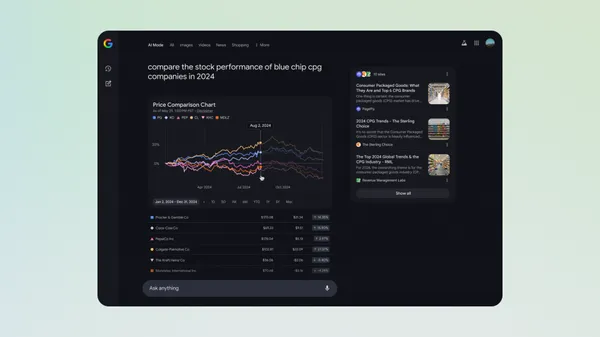










![[DEALS] FileJump 2TB Cloud Storage: Lifetime Subscription (85% off) & Other Deals Up To 98% Off – Offers End Soon!](https://www.javacodegeeks.com/wp-content/uploads/2012/12/jcg-logo.jpg)








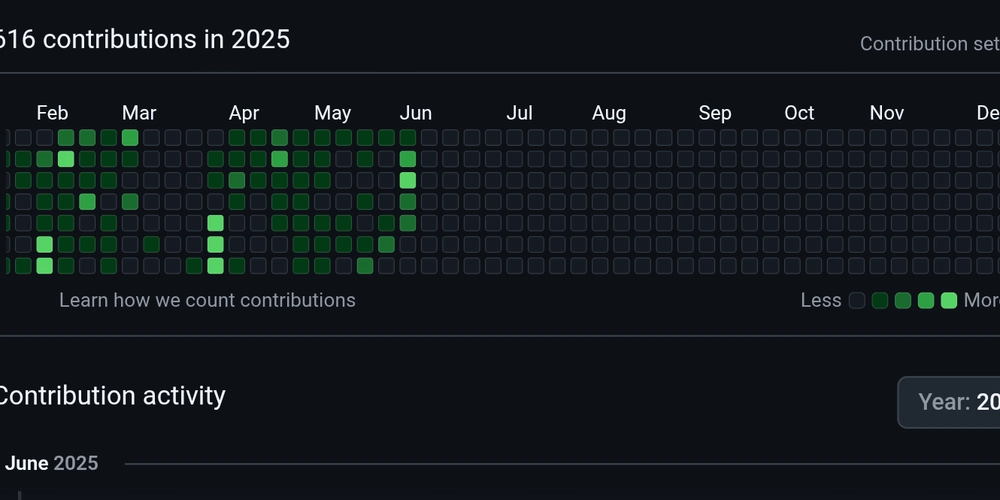






















































































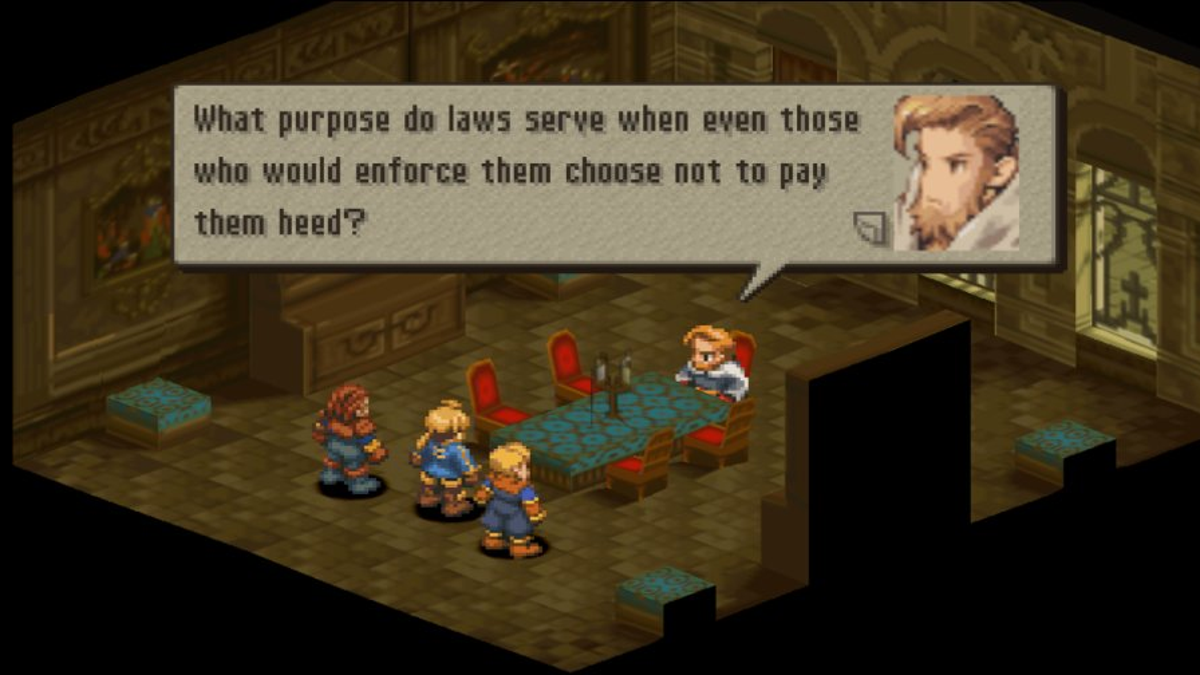












































_Suriya_Phosri_Alamy.jpg?width=1280&auto=webp&quality=80&disable=upscale#)

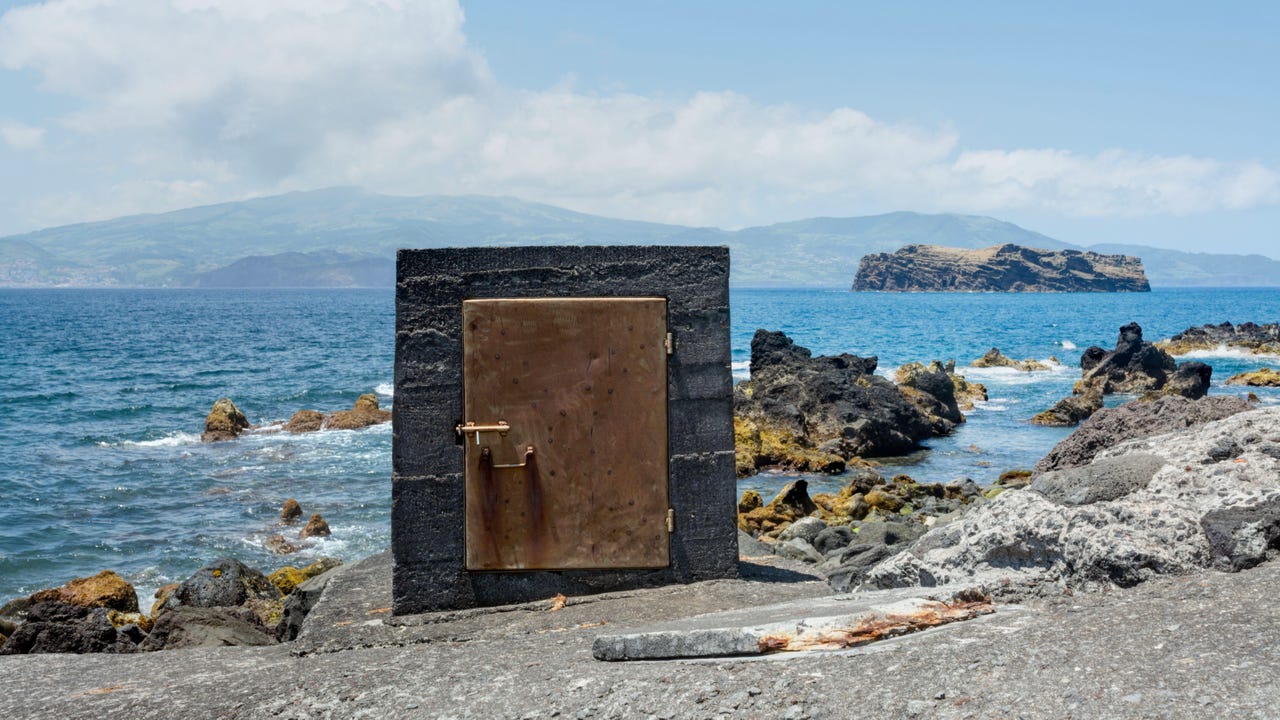






































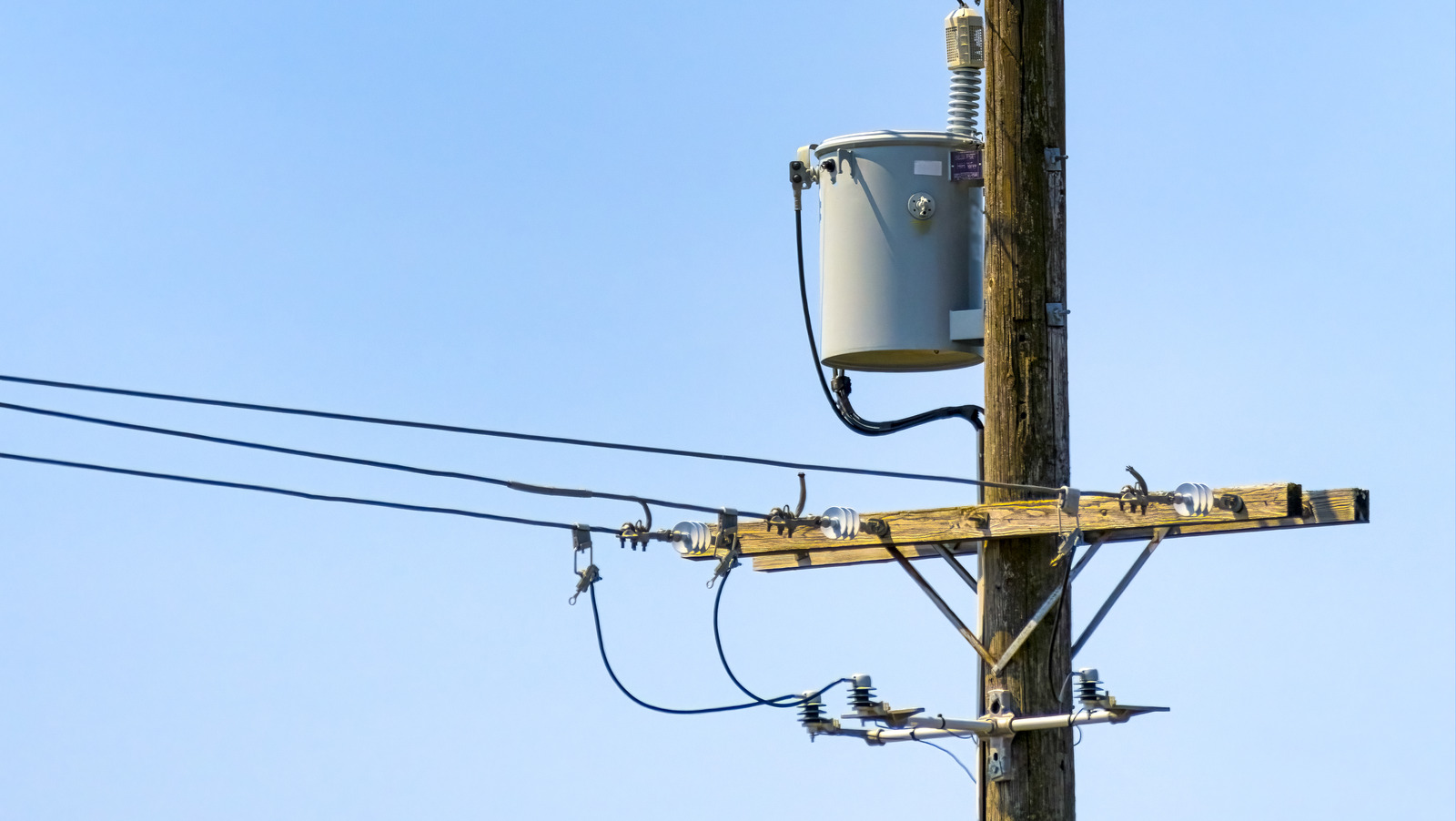

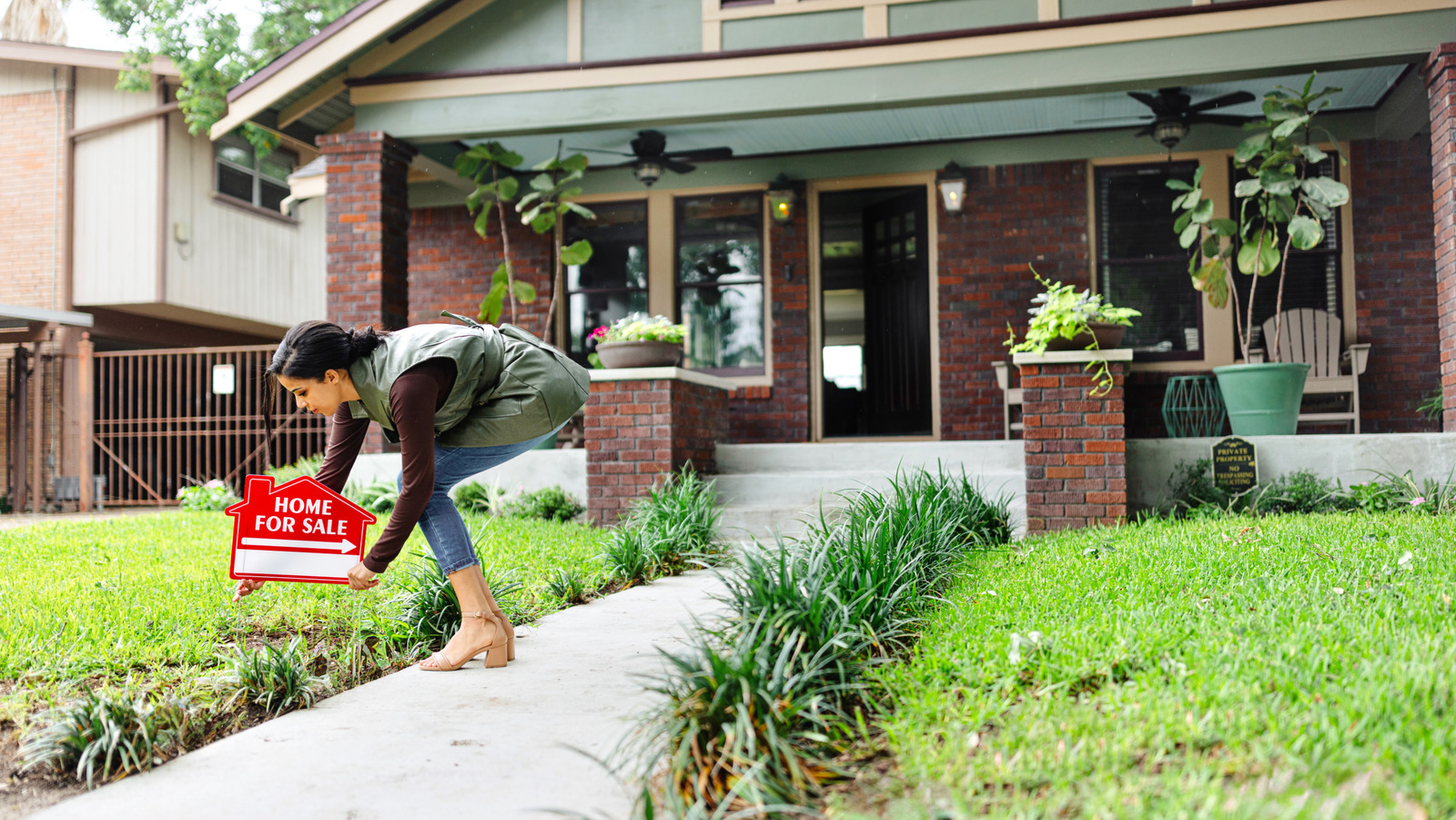











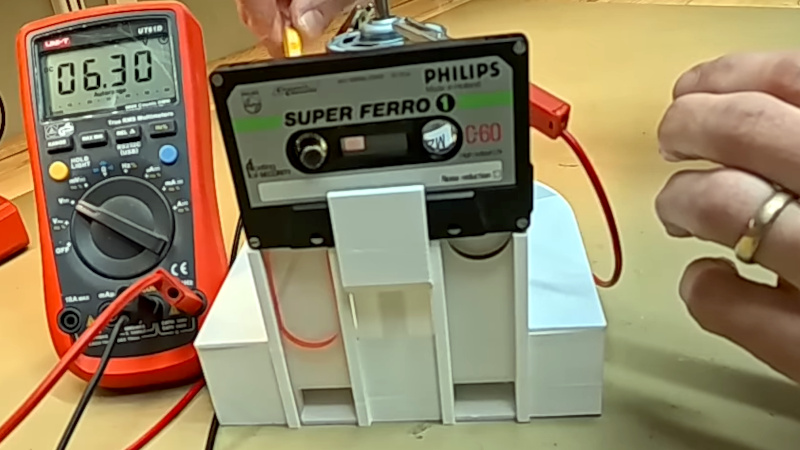


















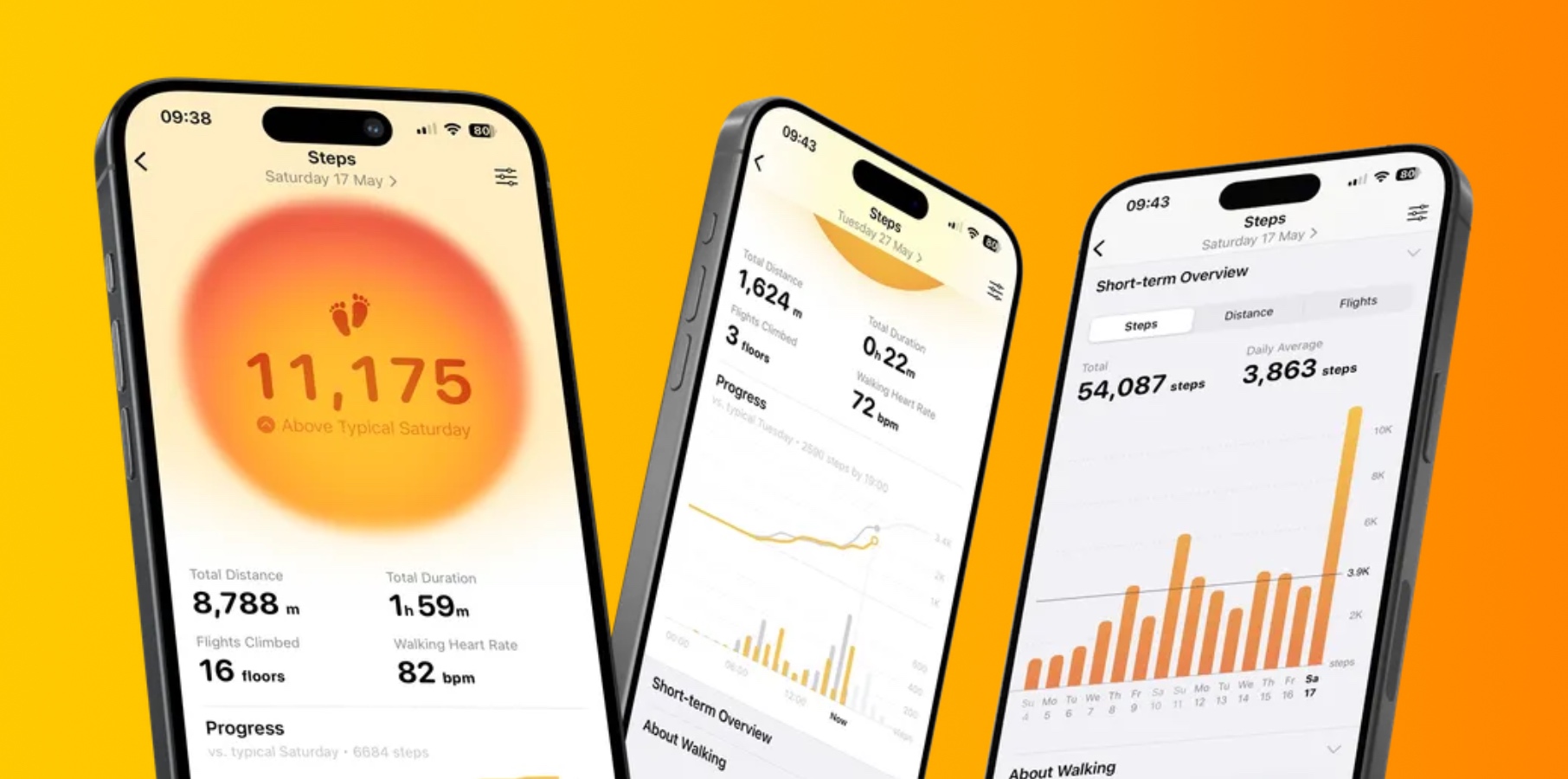
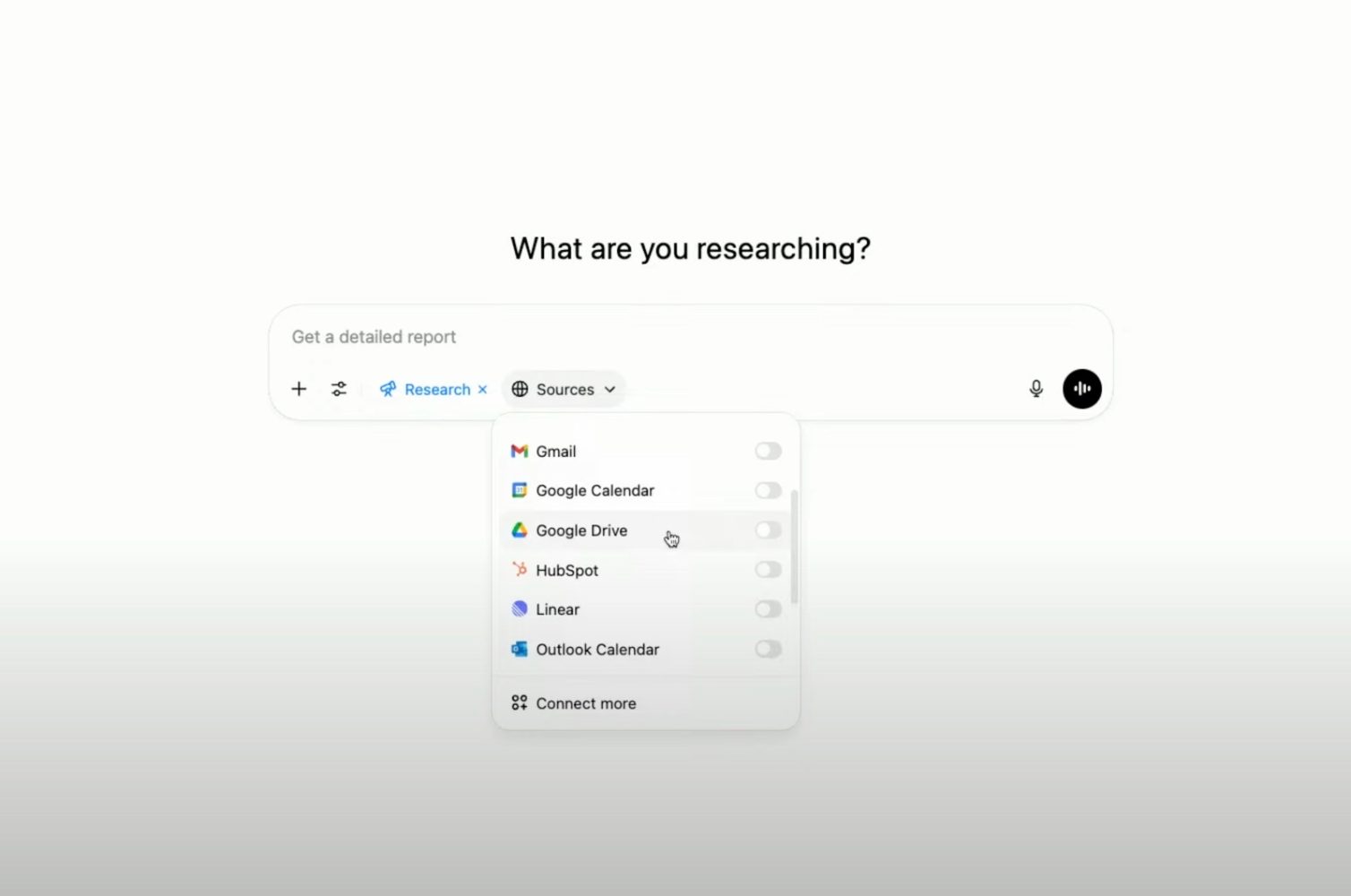




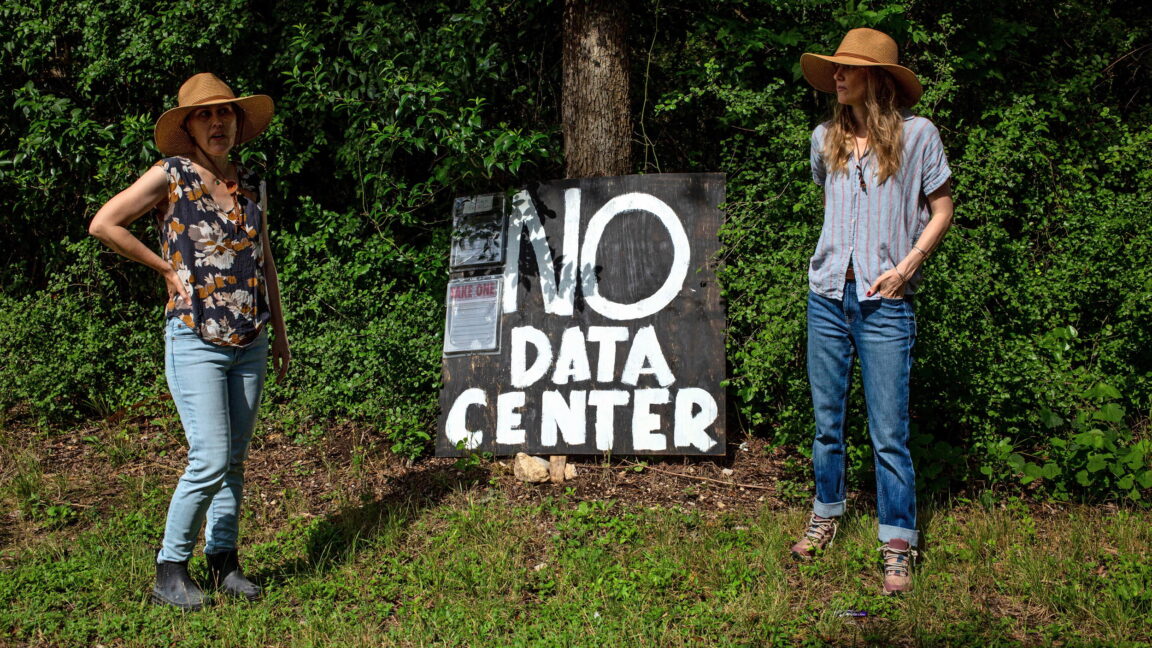

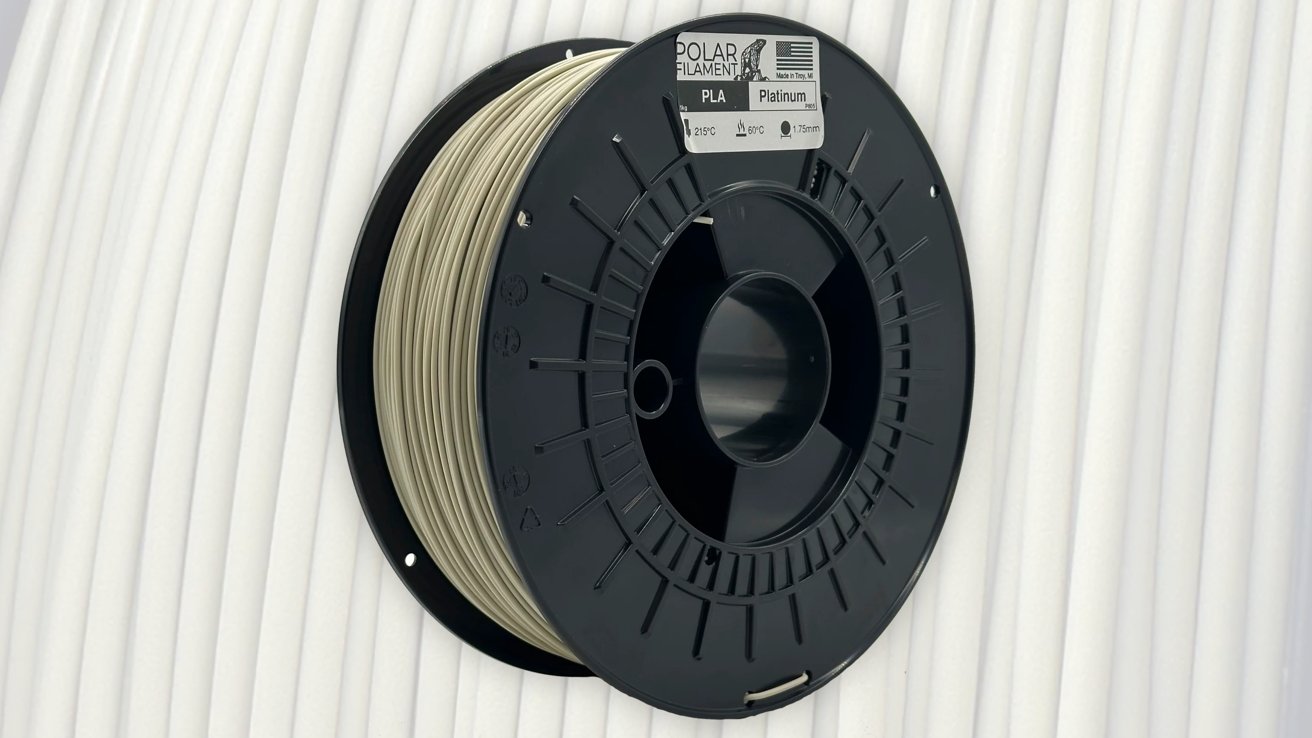










![Epic Games: Apple’s attempt to pause App Store antitrust order fails [U]](https://i0.wp.com/9to5mac.com/wp-content/uploads/sites/6/2025/05/epic-games-app-store.jpg?resize=1200%2C628&quality=82&strip=all&ssl=1)






![Does the Galaxy Watch 8 ‘squircle’ design appeal to you? [Poll]](https://i0.wp.com/9to5google.com/wp-content/uploads/sites/4/2025/05/galaxy-watch-8-classic-render-leak-3.jpg?resize=1200%2C628&quality=82&strip=all&ssl=1)



















